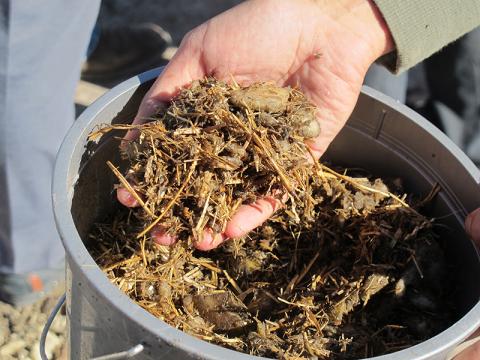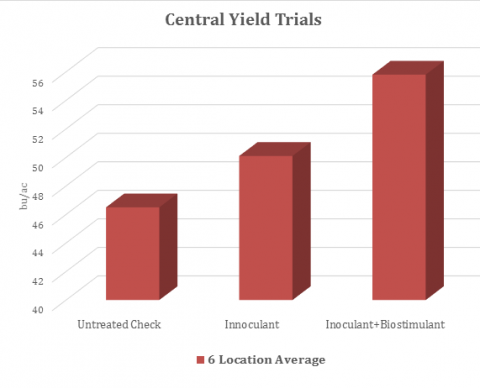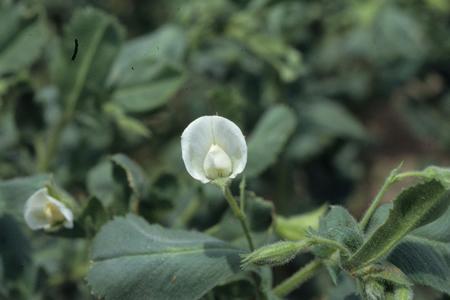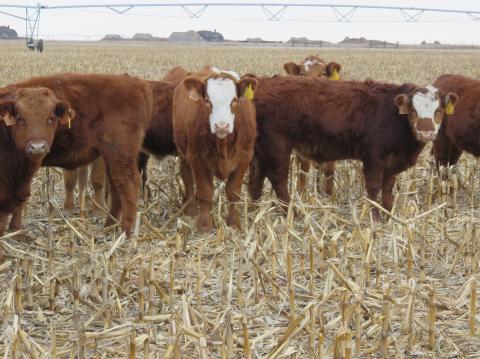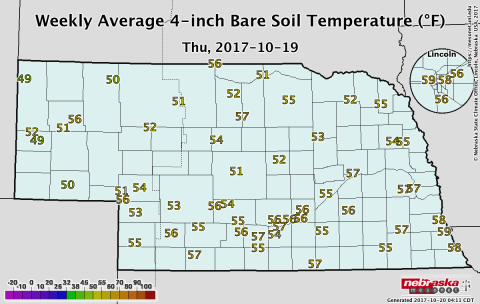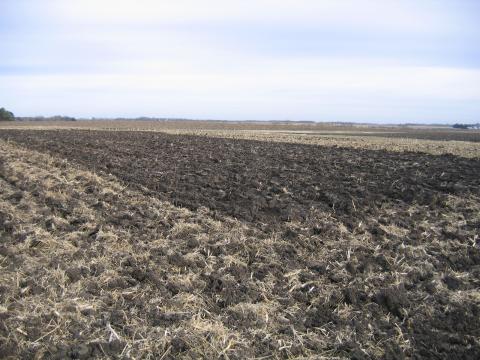Could Sub-Saharan Africa be the World's Next Breadbasket? Nebraska Study Says It's Unlikely
November 17, 2017
While there is huge potential for sub-Saharan Africa to increase agricultural productivity, the odds that the region will become the world's next breadbasket are low, according to a new study from the University of Nebraska-Lincoln. While the area receives more rain than the world's other breadbaskets, its shallower and "older" soils may not serve as good water reservoirs during periods of little rainfall.
University Studies Sugarbeets as a Livestock Feed for Weaned Calves
November 17, 2017
In the third year of its research on using chopped sugarbeets for livestock feed, university researchers are moving from using pregnant cows to weaned calves as their research subjects. Growing and finishing trials will be conducted with calves both receiving and not receiving sugarbeets as an energy source.
Field Studies: Blowing the Whistle on Marketing Claims
November 9, 2017
Marketing claims for agricultural products can report a range of data, some of which may be valid and important to your operation and some of which may not be. Evaluating the data to inform decision-making and purchases may require seeking additional data from the company or from reliable third-party research studies.
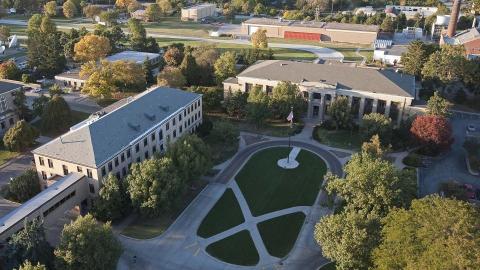
Engineering Research Focusing on Next Generation of Ag Technologies
November 2, 2017
The next generation of agricultural technologies and systems is the focus of three USDA-funded research projects in the Biological Systems Engineering Department at the University of Nebraska–Lincoln. The projects were announced Oct. 17 by the National Institute of Food and Agriculture’s (NIFA) Agriculture and Food Research Initiative (AFRI).
USDA Funds Nebraska Research on Chick Peas and Dry Beans
October 25, 2017
From growing chick peas in western Nebraska to reducing pesticide use in apple orchards in Nebraska City, 12 specialty crop projects across the state will receive nearly $600,000 in funding from the U.S. Department of Agriculture’s Specialty Crop Block Grant Program. Three of the grants target chickpea and dry bean production and products that could be derived from dry beans.
Studies Show Minimal Soil Compaction With Winter Grazing
October 24, 2017
Studies conducted by the University of Nebraska-Lincoln at seven locations found that winter grazing of corn residue did not result in biologically significant compaction or negative impacts on subsequent crop yields. This review of the results includes short- and long-term studies
Minnesota Research on Nitrogen Inhibitors
October 20, 2017
Minnesota research examines the use of inhibitors with fall nitrogen applications. Access Nebraska soil temperatures, provided by Nebraska Mesonet, online in CropWatch.
Field Studies: What do you mean 5 bushels per acre is not significant?
September 5, 2017
On-farm research offers opportunities for testing practices or products under grower field conditions, but how do you determine when the results are statistically different and reliable or due to other factors.

